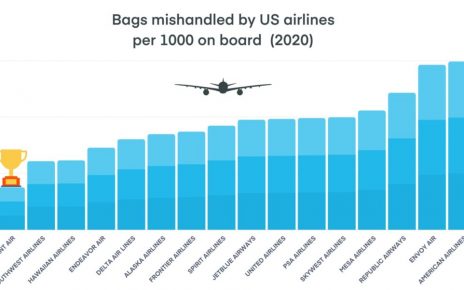India reduces visa applicant wait times by 50% as US industry urges President Biden to implement effective strategies worldwide.
Wait times for US visitor visas among applicants in India, a top source of visitors to the United States, declined rapidly in recent weeks—dropping from 669 days in mid-March to 337 days in early April.
This signals much-needed progress that follows steps taken by the US Department of State to reduce extreme visitor visa delays.
“The results we’re seeing in India are proof that—with the right tools—State can make significant progress on this issue,” said US Travel Association President and CEO Geoff Freeman. “However, there is clearly more work ahead to lower wait times worldwide.”
Other top source markets—such as Brazil, Mexico and Colombia—continue to face staggering wait times of 511 days, 590 days and 752 days, respectively, as of April 14.
US Travel encourages the State Department to implement the strategies that are leading to promising results in India—such as surging consulate staffing and expanding operating hours to Saturdays—to effectively lower wait times elsewhere.
Losing the competitive edge
Inbound travel was once the United States’ top services export, generating a potent trade surplus that peaked at $86 billion in 2015. However, in 2022, travel’s surplus declined to just $3 billion.
Further, while the US continues to put up barriers in the form of excessive visitor visa wait times, more accessible destinations are a growing threat to US global market share.
Among the top ten inbound markets whose citizens require tourist visas to visit the US, six—Mexico, Brazil, Colombia, Argentina, Israel and Venezuela—can travel visa-free to the European Union, five can travel without visas to the United Kingdom, and two can travel without visas to Canada.
“No one will wait years for a visa to visit the US when so many other countries welcome global travelers with open arms,” said Freeman. “The State Department must continue to make international visitors an economic priority before we lose them to other destinations.”




